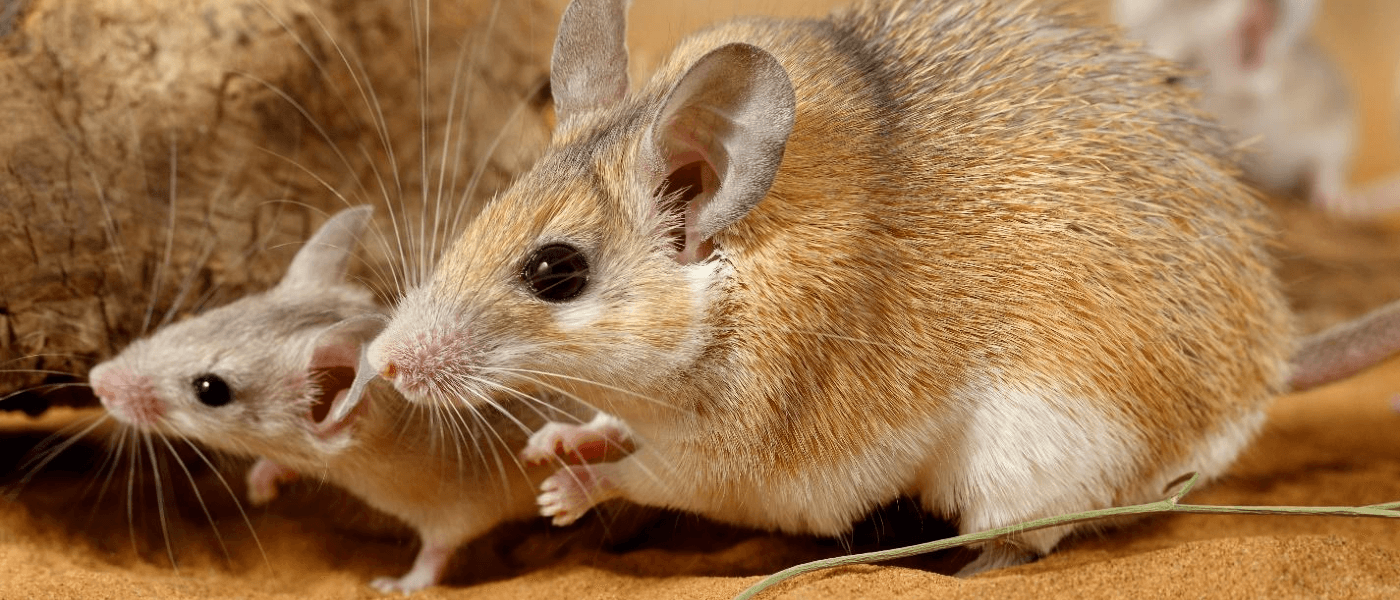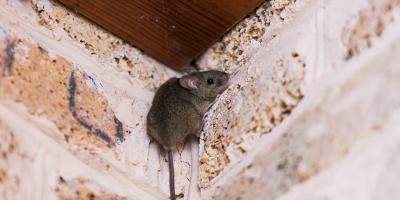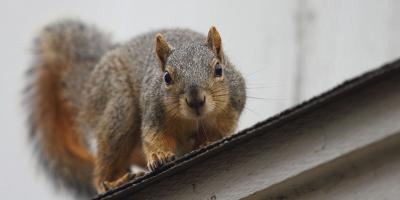Two Crazy Ways Mother Mice Survive the Days of Childbearing

Moms are special no matter what species you might be. Elephant moms endure a 22-month pregnancy and 200+ pound newborns. Cheetah moms teach their cubs to hunt large prey. Orangutan moms raise their kids for six or seven years before they move away from home for good (that’s the longest dependency period for any animal on Earth, except for, well, you know…)
But our vote for the Best Animal Mom of the Year Award goes to the humble, noble mouse-moms of the world.
Newborn mice are born blind, deaf and very, very vulnerable. They cling to their mothers for (literally) dear life until they develop the senses that they’ll need to survive on their own. And oh, how mice babies love their moms in return. A recent study shows that baby mice -- some just days’ old -- recognize and remember their mamas just like human babies do.
It Takes a (Mouse) Village
Mouse moms raise their kids in a way that’s pretty different from most other species -- they partner up with other female mice to help raise both their sets of babies. Their choice in partner isn’t random, either. Mouse moms put a lot of work into evaluating whether another mouse mom is a good fit. They consider things like how well they know each other, how nearby they live and how close they are to one another in their pregnancies.
After giving birth, they’ll feed, babysit and raise each other’s brood as if the children belonged to both moms. In fact, both the children and the moms lose track of who biologically belongs to whom, becoming, in essence, one big happy (two-mom) family.
Mouse Moms Have a Particular Nesting Instinct
When it comes to nesting, mouse moms tend to look for dark, secluded areas away from predators and near to food sources to build their nests (which they usually construct from scavenged paper products, cotton and other fabrics, packing materials and insulation). Mouse moms will forage not far from their nests, leaving their babies alone for only short spurts of time.
Mice are omnivores and will eat whatever food they can find, but -- just like us -- they have preferences. In fact, baby mice will develop a taste for their mother’s diet while still in the womb, basing its preferred tastes on what its mom ate while pregnant.
Mouse Moms Demand Equal Rights
A mouse dad would much rather be out on the prowl for new mates, perfectly content to let mouse moms do all the childrearing. But momma mice aren’t going to just stay home and raise the family while the deadbeat dad is out chasing tail all day. Instead, mouse moms take charge and effectively order the dads to do their fair share.
Mouse moms get mouse dads in line two ways: First, they vocalize their demands -- essentially bossing the dads around with their voices. Second, they release pheromones -- those crafty body chemicals that influence the behavior of everything from honeybees to humans. When mouse dads pick up on mouse moms’ chemical signals, the next thing they know they’re doing their fair share for the family.
Mouse Motherhood is Adorable -- at a Distance
As wholesome as the relationship between mouse moms and their “mini me’s” can be, we can’t let their supermom powers distract us from the fact that they’re still, at the end of the day, pests when they make themselves at home in our homes.
After all, mice carry diseases both directly and indirectly, they damage property and they reproduce exceptionally quickly, which can multiply their threat exponentially.
But when it comes to being good mothers -- pests or not -- mouse moms are still some of the coolest, smartest, and most innovative of the animal kingdom.
Want to learn more cool facts about the animal kingdom? Check out our blog to get your “animal geek” on.



